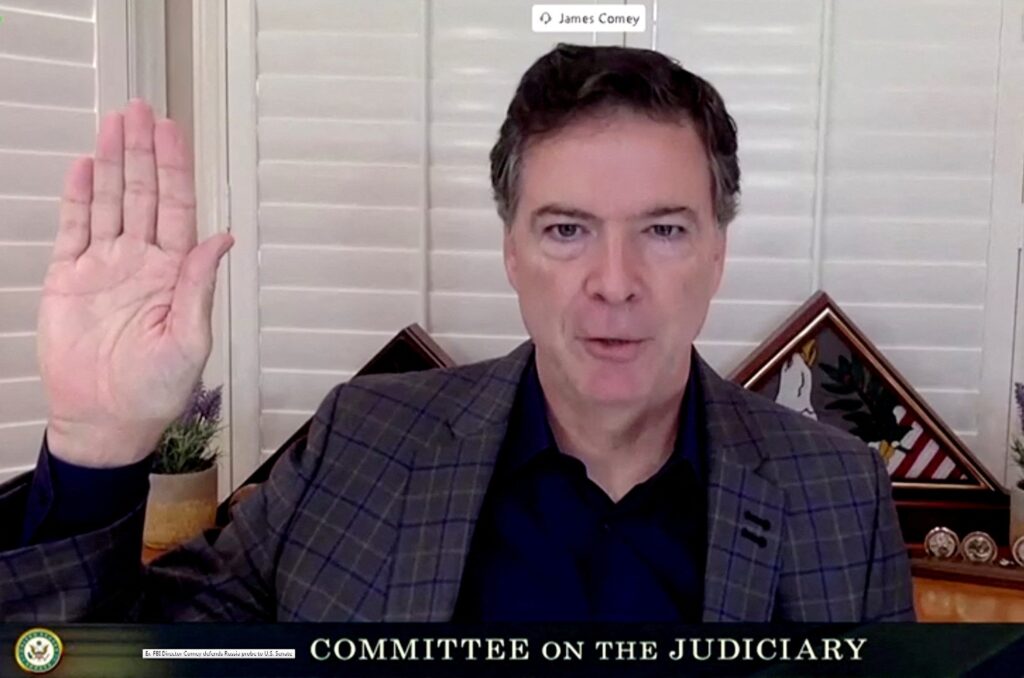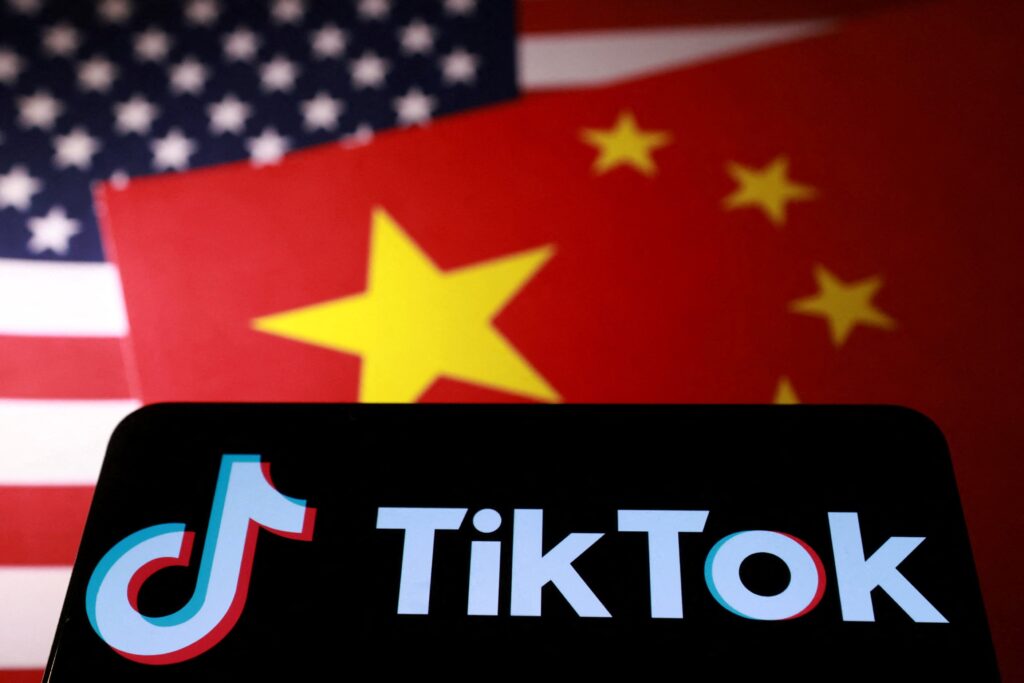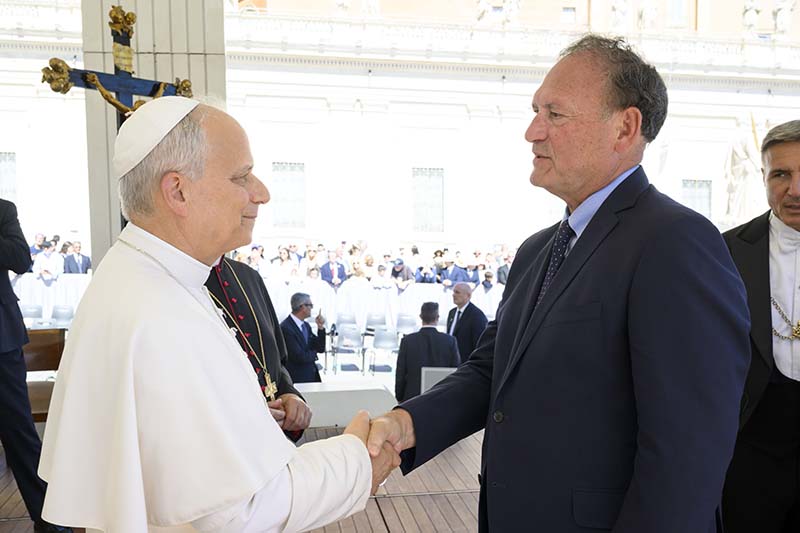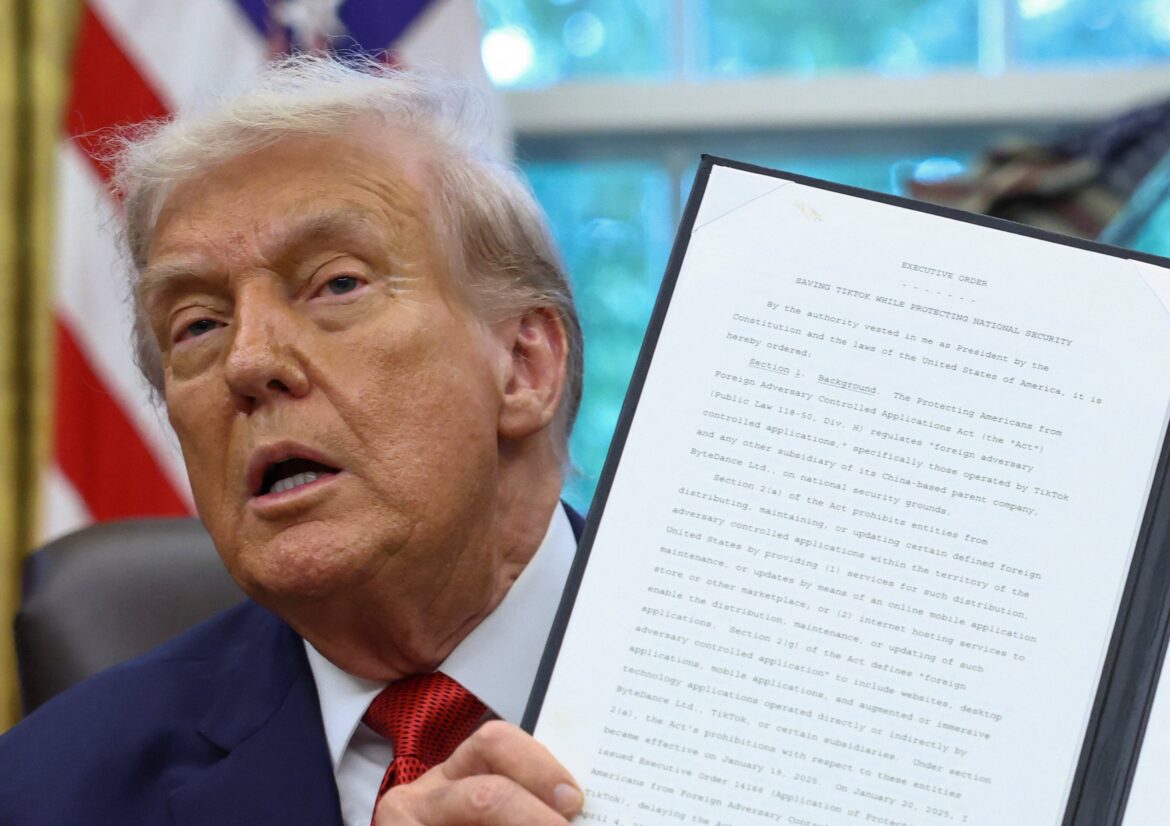WASHINGTON (OSV News) — Former FBI Director James Comey was indicted in Virginia on two felony charges related to 2020 congressional testimony about the FBI’s investigation into alleged ties between President Donald Trump’s 2016 campaign and Russia, after Trump publicly called for him to be formally charged with crimes.
The same week in Washington, Trump and Health and Human Services Secretary Robert F. Kennedy Jr. claimed there was a link between Tylenol and autism, a claim researchers have disputed, while Trump signed an executive order to advance a U.S. spin-off of the social media giant TikTok.
Weaponization of Justice Department claims
Comey was indicted on charges of making a false statement to Congress and obstruction related to his testimony before the Senate Judiciary Committee in 2020 about the FBI’s investigation into Russian interference in the 2016 election. But the indictment came just days after Trump publicly called on Attorney General Pam Bondi to act “now” to bring prosecutions against Comey and some of Trump’s other political opponents.
In a video posted on social media, Comey said, “My heart is broken for the Department of Justice. I have great confidence in the federal judicial system and I am innocent, so let’s have a trial, and keep the faith.”
In Sept. 26 comments to reporters, Trump argued that Comey was “worse than a Democrat” and was part of a group that “weaponized the Justice Department.”
“There will be others,” he said, disputing that revenge was the motivation.
“He didn’t think he’d get caught,” Trump said, in reference to Comey, adding, “He got caught lying to Congress.”
Comey was previously fired by Trump during his first term over the FBI’s investigation into Trump’s 2016 campaign and its ties to Russia. But Comey was also at the center of the news cycle just days before the 2016 election when he sent a letter to Congress announcing the FBI would reopen its probe of Hillary Clinton’s use of a private email server as secretary of state.
Clinton was then the Democratic presidential nominee.

Trump ties Tylenol to autism, provoking pushback
Trump on Sept. 22 pointed to acetaminophen — the active ingredient in Tylenol — as a drug that can increase the risk of autism when taken during pregnancy. However, many scientists and medical associations have disputed that claim, with some citing health risks to unborn children if their mother has an untreated fever.
“If you’re pregnant, don’t take Tylenol when you have your baby. Don’t give your baby Tylenol at all, unless it’s absolutely necessary,” Trump said in comments at the White House.
“There’s no downside to doing (this) other than a mother will have to, as I say, tough it out a little bit,” he said.
Tylenol is one of the few medications doctors will recommend women to use — consulting their individual physicians — during pregnancy. Untreated high fevers during pregnancy have been tied to increased rates of miscarriage and preterm birth, studies suggest.
Elsewhere in the press conference, Trump said, “You know, I’m just making these statements from me. I’m not making them from these doctors.”
Kenvue, the parent company of Tylenol, said on its website, “We believe independent, sound science clearly shows that taking acetaminophen does not cause autism.”
“We strongly disagree with any suggestion otherwise and are deeply concerned about the health risks and confusion this poses for expecting mothers and parents,” the company said. “Acetaminophen is the safest pain reliever option for pregnant women as needed throughout their entire pregnancy. Without it, women face dangerous choices: suffer through conditions like fever that are potentially harmful to both mom and baby or use riskier alternatives. High fevers and pain are widely recognized as potential risks to a pregnancy if left untreated.”
Dr. Alycia Halladay, chief science officer at Autism Science Foundation, said in a Sept. 22 statement, “Any association between acetaminophen and autism is based on limited, conflicting, and inconsistent science and is premature.”
“The Autism Science Foundation strongly supports research into autism’s causes. More research needs to be done before alarming families or suggesting steps that may not actually reduce risk, when we know that NOT treating a fever during pregnancy creates risk. Pregnant women deserve clear, evidence-based guidance — not incomplete conclusions that could erode confidence in safe, beneficial care,” Halladay said.
Trump greenlights TikTok deal
Trump on Sept. 25 signed an executive order to implement a plan to sell Chinese-owned TikTok‘s U.S. operations to U.S. investors and investors outside of China that will address the national security requirements of a 2024 law that would otherwise ban the app in the U.S.
“I used it myself during the campaign, and it was very successful,” Trump said in comments at the White House about the app.
The Washington Post reported some of the investors are linked to Trump and the Republican Party.
China would also have to approve the deal, and some Congressional lawmakers may argue that it does not satisfy the terms of a law banning the app in the U.S. unless China’s stake in the company were reduced.

Bipartisan legislation signed into law by former President Joe Biden prohibited TikTok in the U.S. unless China reduced its ownership stake in the company’s U.S. assets to less than 20%.
At the time, congressional lawmakers said the app, which some estimates say is used by a third of U.S. adults, posed a potential threat to national security because its parent company, ByteDance, is effectively controlled by the Chinese government.
That legislation — which was upheld by the U.S. Supreme Court — allowed the president to give one 90-day reprieve to the social media company prior to a ban, but Trump has given four extensions, prompting legal questions about his authority to do so.
Supreme Court justices share views on faith and law
A series of public events featuring Supreme Court justices took place as the court prepares for its upcoming fall term.
In comments at the SCOTUSblog Summit on Sept. 25, Justice Amy Coney Barrett indicated that she declines to explain why when she recuses herself from cases for ethics reasons out of concern for family or friends who may receive unwanted attention or other safety concerns.
“There are costs,” Barrett said.
Barrett was nominated to a federal appeals court in 2017 and rose to national prominence after the late California Sen. Dianne Feinstein, then the top Democrat on the Senate Judiciary Committee, questioned Barrett about whether she could differentiate her Catholic religious views from her legal ones, telling her, “The dogma lives loudly within you and that’s of concern.”
In comments about that exchange, Barrett said she was “was surprised by it” and also “a little uncomfortable to have my faith be in the spotlight after that hearing.”
“But it’s a big part of my life so I’m not ashamed of it,” she said.
Justice Samuel A. Alito was in Rome for a Sept. 20 event, the Jubilee of Justice, which brought together thousands of judges, lawyers, prosecuting attorneys, law professors and canon lawyers from about 100 nations. Pope Leo XIV greeted Alito at the end of an audience in St. Peter’s Square the same day.

At an event hosted by Trinity College Dublin Law Society in Ireland, Justice Ketanji Brown Jackson received an award and urged attendees to “allow democracy to be strengthened and maintained.”
Supreme Court Justice Clarence Thomas discussed topics including originalism and his own Catholic faith during remarks Sept. 25 at The Catholic University of America Columbus School of Law.
In remarks about the concept of “stare decisis,” or the legal doctrine where courts must follow precedent, Thomas said courts should respect precedent.
“Precedent should be respectful of our legal tradition and our country and our laws,” he said, “and be based on something, not just something somebody wrapped up and others went along with.”
Kate Scanlon is a national reporter for OSV News covering Washington. Follow her on X @kgscanlon.




